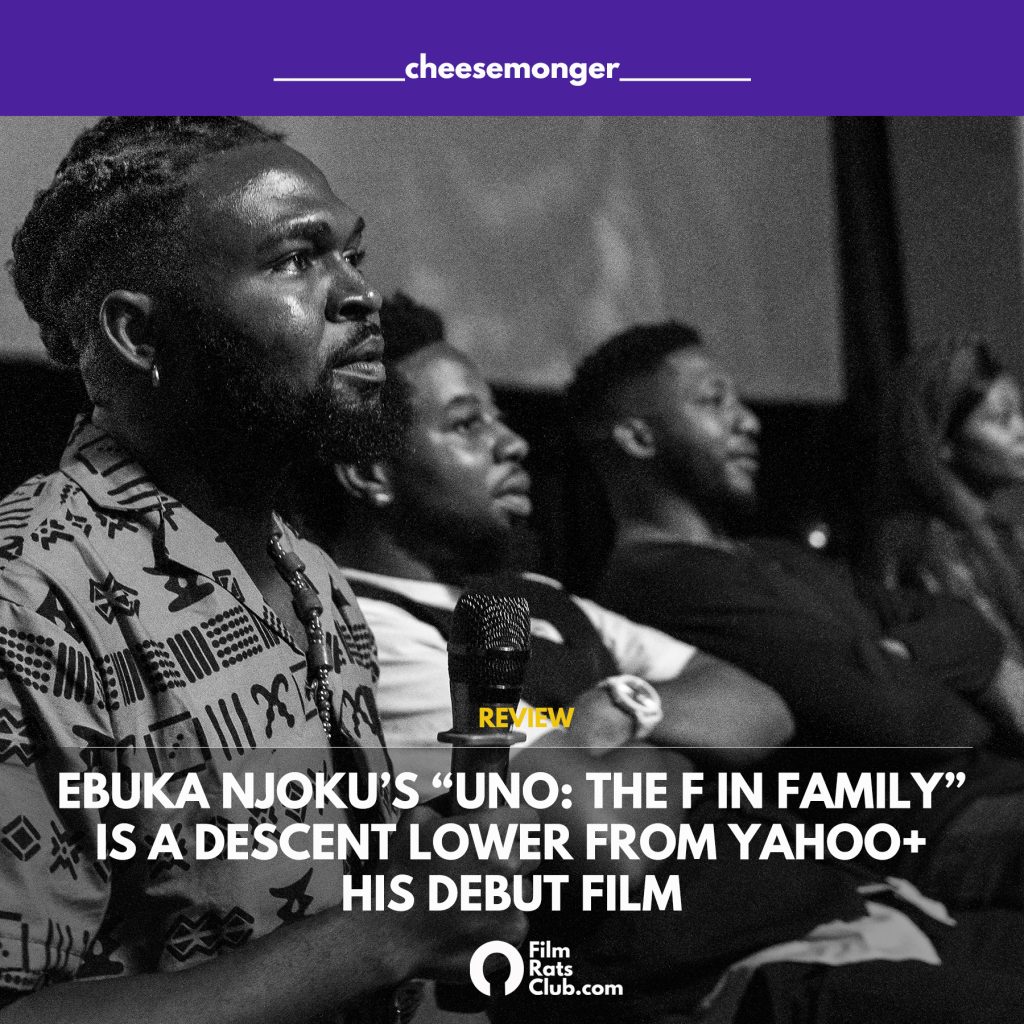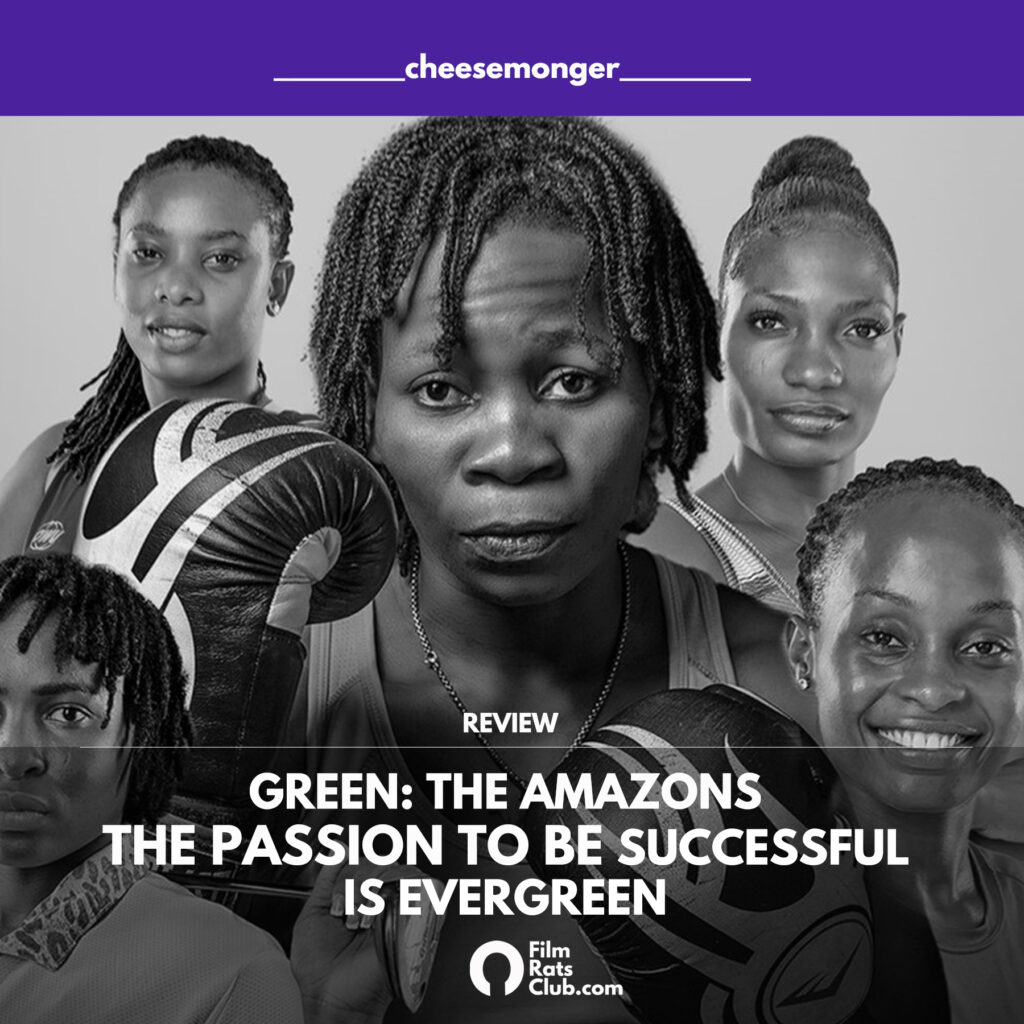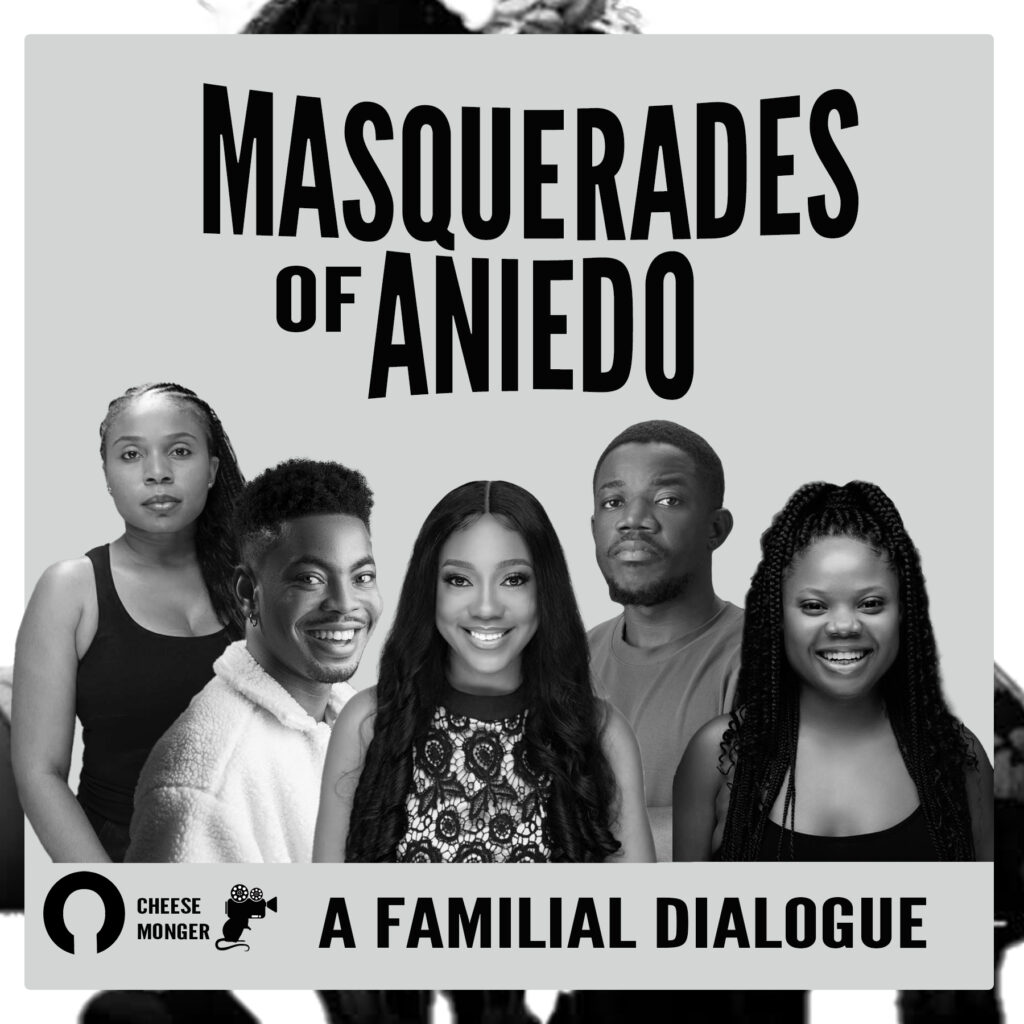The Annual Film Mischief Opens Submissions to All Africans
Following two successful editions, the Film Rats Club proudly announces the return of its celebrated film festival, The Annual Film Mischief (TAFM) which will take place from October 10 to 12, 2024. The eagerly anticipated third edition will once again showcase the finest African and African-diaspora cinema through its screenings with the theme “Shoot The Culture Too”- a build-up from its 2023 theme “Shoot The Culture”. The Annual Film Mischief (TAFM) is a premier event celebrating African filmmakers’ rich cultural heritage and innovative storytelling. Building on the success of previous years, TAFM ’24 promises to continue its tradition of honouring outstanding cinematic portrayals that push the frontiers of storytelling while preserving the ancestral foundations of oral literature. The 2023 edition of the festival was co-headed by actor Uche-Chika Elemelu (Riona) and writer Tomi Folowosele (Irora Iya) with Ego Boyo, Loukman Ali, Amartei Amar, Magdalene Morton and Kabelo Thathe serving as jury members. Founder, ‘Chukwu Martin, expressed excitement about the upcoming festival: “We are looking forward to the film selections and screenings as usual, I’m excited about meeting new underground filmmakers and experiencing films from other African countries. I believe it’s going to be a worthy experience”. “As the Festival Director of this edition, I am immensely proud of the success of last year’s edition. Building on this momentum, we are committed to continuing our exploration of cultural narratives, pushing boundaries, and elevating voices that deserve to be heard. As usual, we are focusing on the films, their makers, and the general filmmaking ecosystem. We hope that this edition is groundbreaking and further pushes our vision forward.” Babatunde Lawal Festival Locations and Dates This year, TAFM will occur across various vibrant locations: Lagos, Ibadan & Abuja, Nigeria, Ghana, and Tanzania from the 10th to 12th of October, 2024. The festival will feature a dynamic series of networking events, including round table discussions with filmmakers & actors, on topical issues, fostering an interesting exchange of ideas and insights among filmmakers and audiences. It will also feature a film trade fair with filmmakers and FilmTech companies showcasing their services and products to a wide range of audiences The Film Rats Club is committed to nurturing new filmmaking talent through its students’ group, The Film Rats Yellow Project. In 2022, participants in this initiative created the film “ARCS” on a thin budget, adhering to the “LESS IS MORE” theme. The film was screened at the festival’s closing ceremony to enthusiastic reviews. The Yellow Project returns this year, providing another opportunity for emerging student filmmakers to shine. Awards and Prizes Naturally concluding the festival with recognition for outstanding work, the finale will also feature an awards ceremony honouring the distinct films and talents from the screened films at the festival. TAFM ’24 will present several prestigious awards, including: – Grand Mischief Prize: Awarded to the best film of the festival, judged by a select panel. – Audience Cheese Pick: Awarded to the best film selected by audiences at screenings throughout the festival. Additionally, awards will be given for Best Actor, Best Director, Best Movie Poster, Best Production Design, Best Cinematography, Best Editing, Best Documentary Entries are now open. Submit here Criteria for Film Entries 1. Films must be made by African and African diaspora filmmakers and pertinent to the African experience. 2. All genres, including experimental works, documentaries, and animation are eligible for entry and TAFM awards. New Partnerships This year, TAFM is pleased to announce a new media partnership with Take One Productions & Thspian, with more partnerships underway. For more information, please visit https://filmfreeway.com/filmratsmischief For sponsorships & Partnerships please contact: Oladotun, TAFM communications Tafm@filmratsclub.com Filmratsclub.com — About Film Rats Club The Film Rats Club is dedicated to celebrating and promoting African cinema. Through initiatives like The Annual Film Mischief and The Film Rats Yellow Project, the club supports filmmakers in pushing the boundaries of storytelling and showcasing the diverse cultural heritage of Africa.




